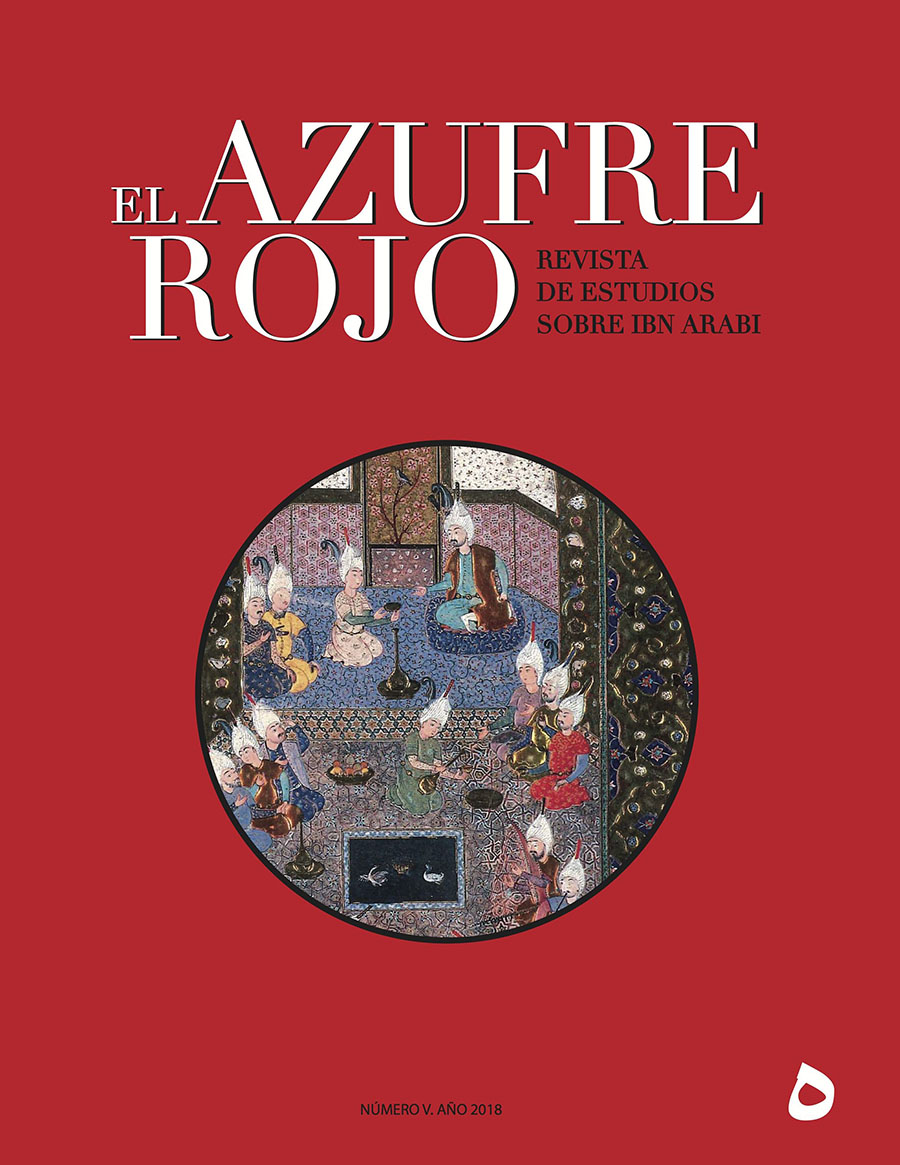El intérprete de los deseos de Ibn ʿArabī y la vita nova de Dante Alighieri
Resumen
Resumen: El presente artículo se propone comparar y llevar a dialogar El Intérprete de los deseos de Ibn ʿArabī y la Vita Nova de Dante Alighieri bajo tres aspectos profundamente presentes a lo largo de los escritos: el concepto de Ausencia, de Memoria y de Indefinido. Según el presente análisis, la búsqueda
de la Amada en las dos obras presupone la Ausencia y valora la Presencia como meta final del Amante; en segundo lugar, el vacío causado en la Memoria, por la ausencia de Niẓām y de Beatrice, se llena con evocaciones y recuerdos; finalmente, es el Indefinido espacio-temporal lo que permite a las dos obras de ser tan universales, sin otras referencias concretas que la Amada o, aún más, la
búsqueda espiritual misma.
Palabras clave: Sufismo. Mística Islámica. Ibn ʿArabī. Dante Alighieri. Memoria. Ausencia. Presencia. Deseo divino. Amor cortés. Amor divino.
Abstract: The following article aims to compare and to bring into dialogue the Interpreter of Desires by Ibn ʿArabī and the Vita Nova by Dante Alighieri, under three aspects which are deeply represented in these two works: the concept of Absence, of Memory and Indefinite. According to this analysis, the quest for the Beloved, in both works, implies the Absence and values the Presence as the final
aim of the Lover; secondly, the void caused by the absence of Niẓām and Beatrice is fulfilled by the mnemonic faculty, thanks to evocations, souvenirs and memories; lastly, the space-time indefiniteness allows the works to be considered universal. No other concrete references are found except the Beloved and her Spiritual Quest in itself.
Key words: Sufism. Islamic Mysticism. Ibn ʿArabī. Dante Alighieri. Memory. Absence. Presence. Divine Desire. Courtly Love. Divine Love.
Descargas
-
Resumen693
-
PDF1139


